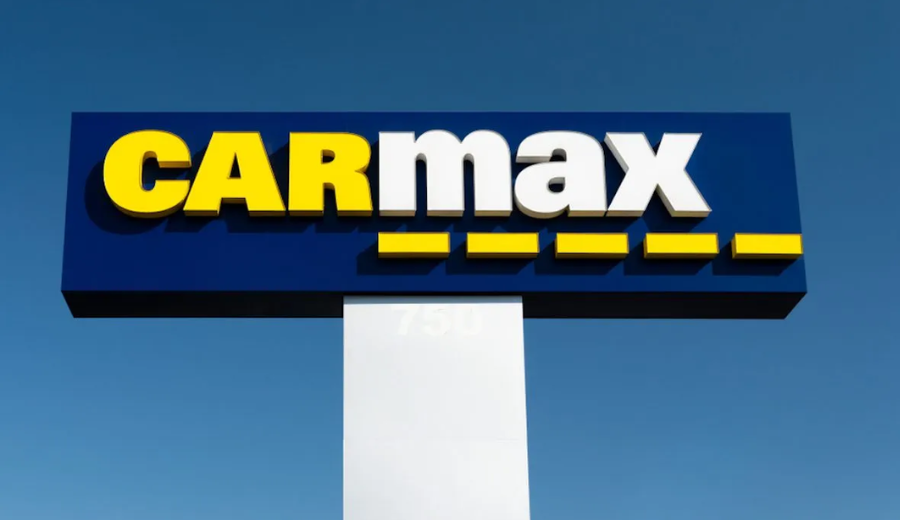CarMax (KMX) saw a sharp decline in its stock value, plummeting 11.5% on Thursday, following the release of its fourth-quarter earnings report. This disappointing performance has raised alarm bells among investors and market analysts alike. The earnings per share dipped to $0.32, down from $0.44 during the same period last year, while the company’s revenue experienced a slight decline of 1.7%, totaling $5.63 billion. These figures reflect a growing concern within the used car market, as CarMax grapples with significant challenges.
The Root Causes of Decline
The primary culprit behind CarMax’s faltering performance can be traced back to vehicle affordability issues. As inflation continues to impact consumer spending power, many potential buyers find it increasingly difficult to afford both new and used vehicles. Higher prices at the pump and rising costs of everyday goods have forced consumers to tighten their belts, leaving fewer dollars available for major purchases like cars.
In addition to affordability challenges, CarMax is also facing the repercussions of higher interest rates. As the Federal Reserve raises rates to combat inflation, financing a vehicle has become more expensive, further discouraging potential buyers. This increased cost of borrowing is particularly impactful for used car sales—an important segment for CarMax—where buyers often rely on loans to make purchases.
Furthermore, tightened lending standards are complicating matters. With lenders becoming more cautious in their lending practices, fewer consumers can secure the financing needed to purchase vehicles. This combination of factors has created a challenging landscape for CarMax, impacting their sales and overall revenue.
Broader Economic Context
The implications of CarMax’s earnings report extend beyond just the company itself; they reflect broader economic trends. The used car market has seen fluctuating prices and demand, and CarMax’s struggles may foreshadow similar issues for other automotive retailers. As inflation continues to rise, the purchasing power of consumers is squeezed, leading to a potential downturn in sales across many sectors.
Market analysts will be watching closely to see how CarMax adapts to these challenges. The company will need to implement strategic adjustments to navigate this turbulent environment. Possible solutions could include enhancing financing options for customers, expanding into more affordable vehicle offerings, or leveraging technology to streamline operations and reduce costs.
A Cautionary Tale for Investors
For investors, the sharp decline in CarMax’s stock serves as a cautionary tale about the importance of keeping a close eye on economic indicators. Changes in inflation, interest rates, and consumer spending patterns can significantly influence company performance. As the landscape continues to evolve, staying informed will be key to making sound investment decisions.
In conclusion, while CarMax’s recent earnings may have disappointed investors, they also provide a critical lens through which to view the larger economic environment. Understanding the interplay between vehicle affordability, inflation, and consumer behavior will be essential for navigating the challenges ahead in the automotive market. Only time will tell how CarMax will respond and what strategies they will employ to reclaim their footing in a tense financial climate.
















